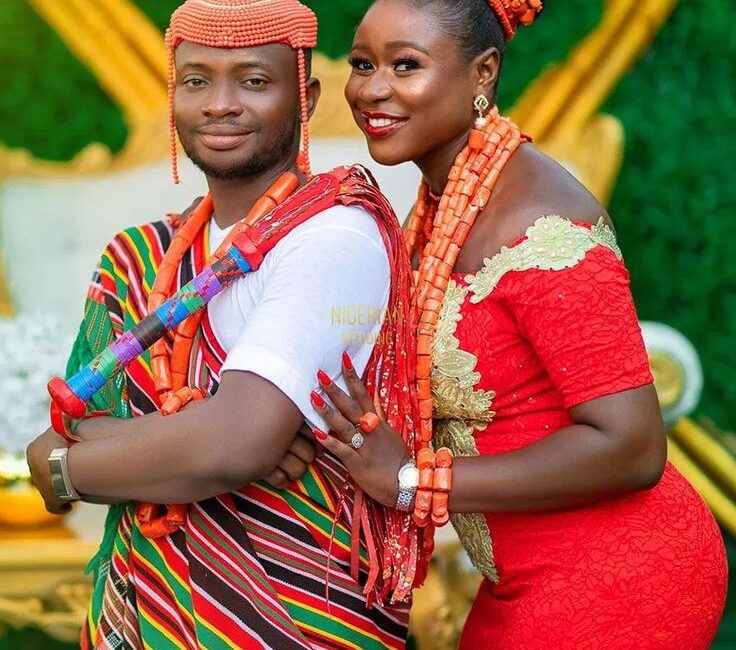



Nigerian Traditional languages
Nigeria is a nation with an outstandingly diverse set of languages and dialects. With over 200 distinct languages, cultural and ethnic dichotomies, the people of the nation come together under a uniform umbrella to form the country called Nigeria. Its official language is English.
- Abinis Abong Abua Acipa Afade Agatu Agoi Agwagune Ake Akoko Akpa-Yache Akpes Alago Alege Amo Anaag Angas Aten Atsam Ayu
- Ba Bacama Bada Bade Bagimi Bakor Bakpinka Bali Bana Bangwinji Barawa Bariba Bashar Bassa- Kontagora Bata Batu Basuhi Bekwarra Bele Berom Bete-Bende Bile Biliri Bina Biseni Biitare Boghom Bokkos Bokyi Bole Buduma Bumaji Bura-Pabir Burak Busa-BokoCara
- Che Cibak Comokarim
- Dadiya Daffo-Batura Dassa Defeka Degema Deno Dghwede Dijim Doka Doko-Uyanga, Dong Duka Dulbu Dungu duwai Dyerma Dza
- Ebira Edo Efik Efutop Eggon Ejagham Ekajuk Ekit Ekpeye Elelme Eloyi Emai-iuleha-ora Engenni Epei Eruwa Esan Etulo Evand
- Fam Fulfulde Fungwa Fyam Fyer and aGade
- Gadi-Shingini-vadi-baangi Galambu Gbagyi Gbari Gbaya Gbiri-niragu Geji Gengle Gera Geruma Gevoko Ghotuo GiwoGlavda Goemai Gokoana Gude Gudu Guduf Gun-gbe Gurmana Guruntum-Mbaaru Gwa Gwanmhi-wur Gwandara Gwomu Gyem
- Ham Hausa Hedi Horom Huba Hungworo Hwana Ibani Ibibio Ibino Icen Iceve-Maci Idoma Idon Idun Igala Igbo Igede Iguta
- Ijo Ika Ikpeshi Ikulu Ikewere; Irigwe Isekiri Isoko Ivbienorth-Okpela-Arhe Izere Izi-Ezaa-Ikwo-Mgbo Izora
- Janji Jara Jarawa Jera Jibu Jida-AbuJimbin Jimi Jiru Jju Jorto Ju Jukuntakum Jukunwurkum
- Kadara Kagoma Kaivi Kalabari Kam Kamantam Kamo Kamuku Kamwe Kanakuru Kantana Kanufi-Kaningdon-Nindem Kanuri Karekere Karfe Kariya Katab Kiballo Kinuku Kiong Kir-Balar kitimi Koana Koenoem Kofyar Kohumono Koma Kona Kono Koro Korop Kpan Kpasam Kubi Kudu-Camo Kugama Kugbo Kulere kulung Kumba Kupto Kurama Kushi Kutep Kuturmi Kuzamani Kwaami Kwanka Kyak Laka Lala-Roba
- Lamang Lama Lamja Laru Leelau Legbo Lela Lemoro Lenyima Leyigha Libo Lijili Lo Loko Longuga Lopa Lotsu-piri Lubila Luri
- Maaka Mabas Mabo-Barkui Mada Mafa Mak Mala Mambila Mangas Marghi Mbe MbembeMboi Mbula-Bwazza Mburku Mini Miship Miya Momjango Montoi Mumuye Mundat Munga Mvanon Mwaghavui
- Nandu-Tari Nde-Nsele-Nta Ndoe Ndoola Ngamo Nggwahyi Ngizim Mgwaba Ninzam Nkem-Nkum Nkoroo Nkukoli Nnam Nungu Nupe Nyong Nzanyi
- Obanliku Obolo Obulom Oduai Odut Ogbah Ogbia Ogbogolo Ogbronuagum Okobo Okodia Okpamheri Okpe Okrika Olulumo-Ikom Oring Oron Ososo Otank
- Pai Pero Piti Piya Polci Pongu Puku-Geeri-Keri- Wipsi Putai Pyapun
- Reshe Rubasa Ruma
- Sambakada Sambaleko Sanga Saya Sha Shagawu Shall-Zwall Shanga Sheni Shiki Siri Somyewe Sukur Surubu Tai
- Tala tambas Tangale Tapshin Tarok Teme Tera Tiba Tiv Tsagu Tula Turkwam
- Ubaghara Ubang Uhami-Iyayu Ukaan Ukpe-Bayobiri Ukpet-Ehom Ukue-Ehuen Ukwuani-Aboh Ulukwumi Umon Uneme Urhobo Utugwang Uvbie Uzekwe
- Vin Vute Waja Waka Wandala Wapan Warji Wase Wom
- Yala Yashi Yekhee Yendang Yeskwa Yiwom Yoruba Yukuben Yungur
- Zangwai Zari zeem.
BRIDE PRICE REQUIREMENTS
- 1 Umbrella
- 1 suitcase filled with clothes (box of wrappers)
- 2 bottles of hot drinks (schnapps)
- 2 bottles of hot drinks (schnapps)
- 1 crate of malt drinks
- 1 plate of kolanuts
- 1 plate of kolanuts
- 1 bag of salt
- 25 liters of palm oil for the bride's mother
- 25 liters of palm oil for the bride's mother
- 1 carton of wine for sundry use (the groom should hold this)
- 3 crates of malt for women of the lineage
- 6 carton of beer for men of the lineage
- 28 tubers of yam arrange in groups of seven
- 14 tubers of yam for the eldest man in the lineage
- N1,500 cash for the dowry
- N5,000 cash for the bride's mother
- N3,000 cash for the bride's father
- N9,000 cash for the men in bride's lineage


